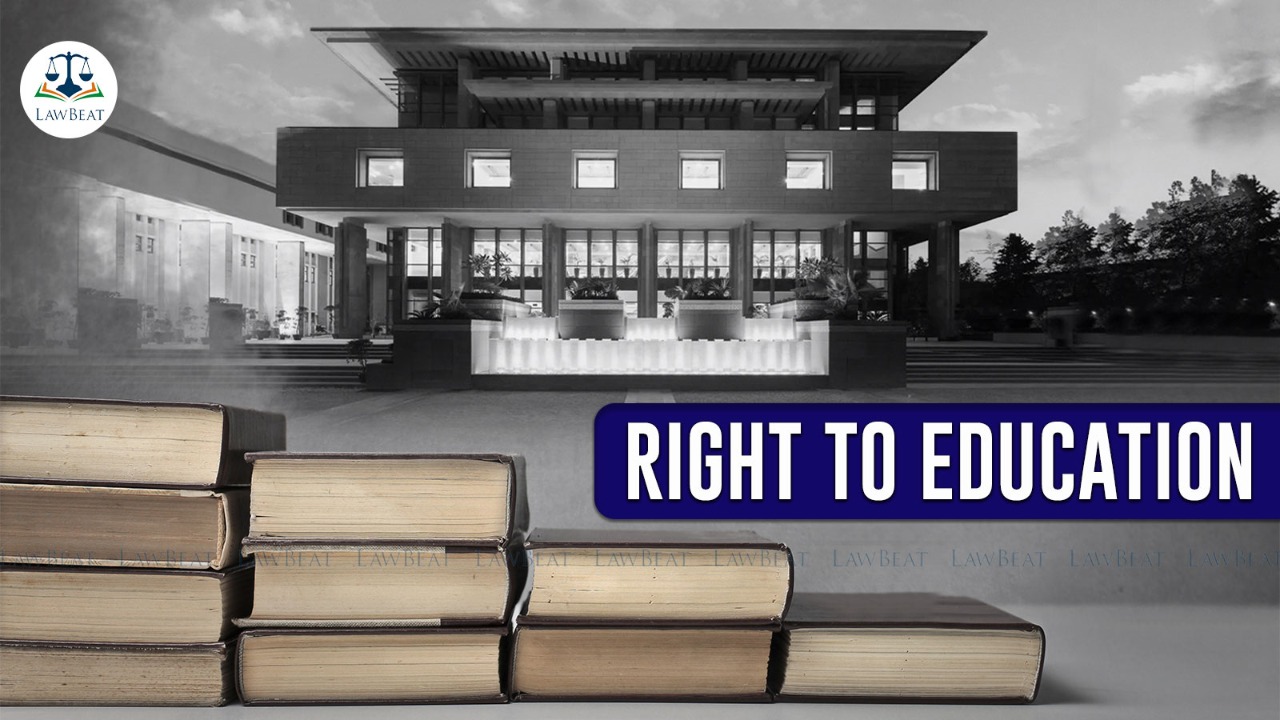Delhi HC issues notice to NHRC, CBSE in plea to bring Madarsas and Vedic Pathshalas within ambit of RTE Act

The plea stated that Sections 1(4) and 1(5) deprive educational excellence to Madarsas, Vedic Pathshalas, and educational institutions imparting religious instruction.
The Delhi High Court on Tuesday issued notice to the Delhi government, National Human Right Commission (NHRC), National Commission for Protection of Child Rights, National Council of Educational Research and Training, CBSE, and Council for Indian School Certificate Examinations in a Public Interest Litigation (PIL) challenging provision of the Right to Education Act (RTE) 2009.
The PIL also sought direction to bring Madarsas, Vedic Pathshalas, and educational institutions imparting religious instruction within the ambit of the RTE Act.
While issuing notice to all the respondents, the division bench of Chief Justice Satish Chandra Sharma and Justice Subramonium Prasad sought the respondent's reply to the plea and posted the matter for further hearing on August 16.
During the hearing, the counsel for the Central government informed the court that their response is already on record.
The plea stated that Sections 1(4) and 1(5) deprive educational excellence to Madarsas, Vedic Pathshalas, and educational institutions imparting religious instruction. Therefore, the plea sought direction to declare the related Sections of the Right to Education Act 2009 as arbitrarily irrational and violative of Articles 14, 15, 16, 21, 21A of the Constitution.
The petition was moved by Advocate Ashwini Upadhyay, before the Delhi High Court after Supreme Court refused to hear the matter and advised the petitioner to approach the High Court.
The top court had said, "We are of the opinion that the petitioner should approach the High Court by filing a petition under Article 226 of the Constitution of India raising all points that are urged in this writ petition. The petitioner seeks and is permitted to withdraw this writ petition and approach the High Court. We make it clear that we have not expressed any opinion on the merits of the case."
The plea stated that compulsory education which mandates every child to attend school but lacks in providing an effective common curriculum is worse than providing no education at all.
"The Hallmark of the compulsory education system is syllabus and curriculum which must be equally and uniformly applied across the board, so as to ensure conditions, in which each child is placed on an equal playing field, competent to take on the challenges of real-world and empowered to avail the opportunities which life offers in its myriad circumstances, equally," the plea stated.
The plea further added that the Right of children should not be restricted to only free and compulsory education but must be extended to equal quality education without discrimination on social-economic religious-cultural background thus common syllabus and curriculum is essential for all children.
The petitioner submitted that common and compulsory education for up to 14 years would achieve a code of common culture, removal of disparity, and depletion of discriminatory values in human relations. It would also enhance virtues and improve quality of life, elevate the thoughts, which advance the constitutional philosophy of equal society.
“The introduction of a common syllabus-common curriculum would enable every child to be placed on a level playing field for challenges of future and meaningfully contribute in achieving the great golden goals as set out in Preamble, particularly fraternity dignity unity and national integration,” the plea read.
Case Title: Ashwini Kumar Upadhyay v. Union of India & Ors.
